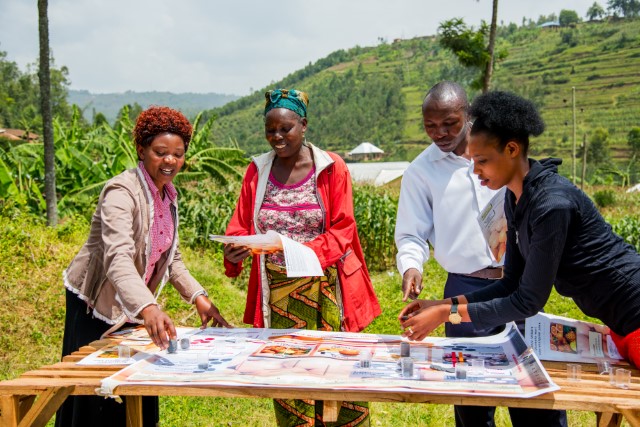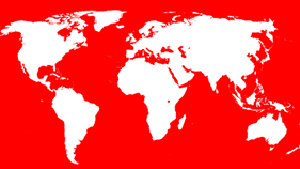Countries
Burundi, Kenya, Rwanda, Tanzania, Uganda
Local project partners
Burundi: RIM, Université de Burundi
Kenya: ACCOSCA, AMFI
Rwanda: MINICOM, MINECOFIN, RICEM
Tanzania: SCCULT, SELF MFI
Uganda: AMFIU, UCSCU, UIBFS
German project partners
Sparkassenverband Baden-Württemberg
Kreissparkasse Tübingen
Hochschule Kempten
Kreissparkasse Reutlingen
Sparkasse Ulm
Donor
German Federal Ministry for Economic Cooperation and Development (BMZ)
Duration
01.10.2019 - 30.06.2023
German Sparkassenstiftung has been active in Eastern Africa for more than ten years. The projects' particularly needs-oriented approach has enabled German Sparkassenstiftung to build up a relationship of trust with its partners. The interplay of measures that directly support the final beneficiaries (e.g. financial education, savings mobilization, training for microenterprises), but also directly and indirectly strengthen the institutional actors of the microfinance sector, has increased the financial inclusion of otherwise disadvantaged population groups. Testimonial reports from clients and MFI staff confirm this effect. The basic trend toward increasing financial inclusion is also confirmed in FinScope studies. Simultaneously strengthening the demand and supply sides of microfinance services should increase the impact of interventions.
This basic idea should also be continued in the two regional projects: interventions can be assumed to have a significantly higher impact when clients versed in microfinance through educational measures engage with microfinance employees professionalized through vocational training. This is because the professionalization of microfinance associations makes it possible to offer better and more appropriate financial services.
The project thus contributes to poverty reduction in eastern Africa. Its objective is to increase the financial inclusion of poorer sections of the population by providing quality education for the microfinance sector, improving the quality of advice in and management of Microfinance Institutions (MFIs)/ Savings and Credit Co-Operatives (SACCOs), and improving the understanding and use of financial products by final beneficiaries.
These objectives will be achieved through the following outcomes:
- microfinance sector educational institutions participating in the project are more economically sustainable. The need for new educational institutions has been analyzed and start-up preparations have been made.
- basic vocational training in the microfinance sector has been improved.
- the financial literacy of broad sections of the population and the business know-how of entrepreneurs have been improved.
Project Tasks
Various consulting and training measures are planned to achieve the results:
- Management consulting (strategy and business planning) and development of curricula and training modules including materials for educational institutes
- Preparation of demand analyses and feasibility studies
- Selection and training of local trainers and master trainers for the Business Games
- Organization and implementation of Business Games, Trainings of Trainers, Trainings of Mastertrainers and subsequent Coachings as well as Trainings of Coaches
- Creation of concepts and implementation of dual vocational training for microfinance experts
- Execution of Mystery Shoppings to determine organizational strengths and weaknesses and to evaluate the consultation of clientele
- Design and implementation of campaigns (e.g. World Savings Week) and conferences (e.g. Network for East African Microfinance Capacity Development)
- Training of multipliers in the field of financial education
- Support for South-South exchange between partners (study trips, conferences, etc.)
- Concept development and implementation for a more practice-oriented university education at the Kigali Independent University


